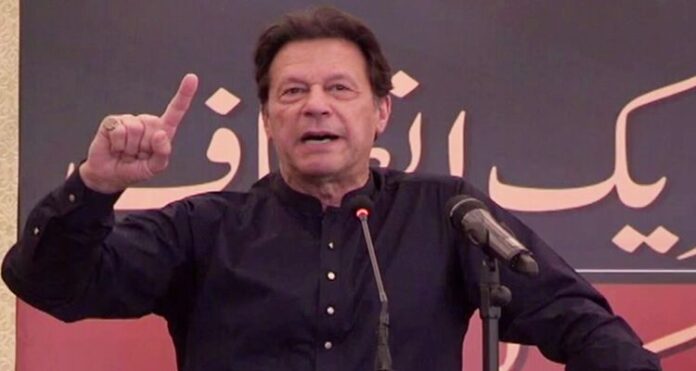| Translate This News In |
|---|
Pakistan’s Supreme Court ruled on Tuesday to hand over control of the largest and most populated province, Punjab, to an applicant backed by ousted Prime Minister Imran Khan, causing new political uncertainty in the South Asian nation, which is already suffering from a crippling economic crisis.
The move increases pressure on the federal government, which is comprised of a coalition of parties that ousted Khan as prime minister in April, as it attempts to establish tough, unpopular economic reforms to avert a financial crisis.
In a brief ruling, Pakistan’s Supreme Court decided that a Khan-backed candidate for Punjab’s chief minister, Chaudhry Parvez Elahi, was wrongfully denied victory in a vote last week, and ordered him to be installed as the province’s premier by Tuesday midnight.
Elahi had been denied victory by the Punjab assembly’s speaker, who disregarded votes cast in his favor on the grounds that they were against the party line and awarded victory to the applicant of the ruling coalition.
The decision of the speaker was overturned by the court.
The development gives Khan’s campaign for new elections a boost. The ousted premier has been holding nationwide protests in preparation for snap national elections, which are not scheduled to take place until late next year.
The tug of war with both Khan and his opponents has already had a significant impact on the economy of the nuclear-powered nation of 220 million people, which is in the midst of a difficult IMF programme.
J.P. Morgan warned earlier on Tuesday that renewed calls for early elections would put pressure on the ruling coalition and increase political uncertainty.
“The findings have important implications for the government’s willingness to implement electorally challenging initiatives that are likely required to resume and maintain the IMF programme,” according to a J.P. Morgan note issued hours before the court decision.
Pakistan is dealing with declining foreign exchange reserves, a growing current account deficit, and a rapidly depreciating currency.
The decision may result in a standoff between the government and the judiciary, adding to the uncertainty.
“The decision has not been accepted by the people; we will decide our next course of action after advising coalition partners,” federal minister of information Marriyum Aurangzeb told reporters.


















